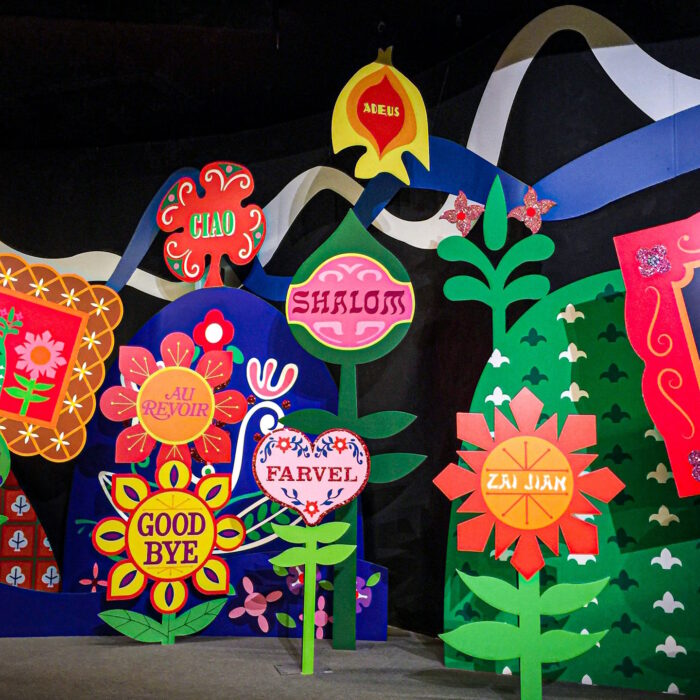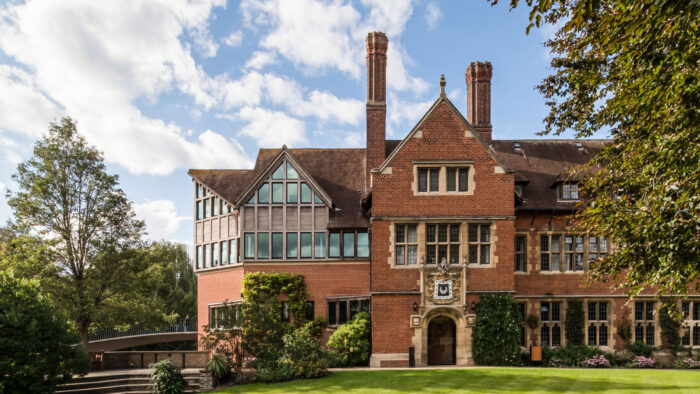Linguistics
- UCAS Code: Q100
- Campus Code: 4
- Duration: 3 years
- Places per year: 1-2
Does a subject which straddles the divide between arts and sciences appeal to you? Do you like languages and a logical approach to problem-solving? Then Linguistics may be for you.
Linguistics is the scientific study of languages that aims to answer important questions in a wide range of areas. What do languages like Nepali and Irish have in common? Why is the language of Chaucer so different from Present-day English? What is the most effective way to help people with dyslexia or aphasia? Linguistics at the University of Cambridge gives you the opportunity to explore all these fascinating aspects of what makes us human!
For an overview of the course content, visit the Linguistics course page on the University website. For information about applying for the course at Trinity Hall, continue reading this page!

Linguistics
Looking for something specific? Use these quick links to get to where you want to go…
Linguistics: What's It Like?
If you’re interested in what one of our current students has to say about their experience of studying Linguistics, why not watch this episode of our podcast series, ‘Cambridge from the Inside‘?

Entry Requirements
Minimum Offer Level
A-Level: A*AA
IB Diploma: 42 points, with 776 at Higher Level
Other: See the University’s Entry Requirements page
Subject Requirements
While we don’t ask for any specific subjects to apply to Linguistics, we’d recommend any of these subjects for a strong application:
- Languages (ancient or modern)
- Mathematics
- English (language or literature)
- An essay-based subject
The main requirement for studying Linguistics is a lively curiosity about the nature of language.

Admissions Process
Written Work
None required.
Admissions Assessment
If shortlisted for interview, you will be asked to take an admissions assessment. The College will register you for this – you do not need to register yourself.
See also the University website’s page on College Admission Assessments.
Interviews
Two interviews of around 25 minutes each.

Linguistics at Trinity Hall
Trinity Hall offers a perfect environment for students of Linguistics since there is in-house expertise in a broad range of areas in the field (from descriptive fieldwork to historical and computational linguistics). In addition, there are Fellows and teaching staff specialised in Arabic, Chinese, Classics, English, German, Japanese, Spanish, Welsh and Tibeto-Burman languages.
Students of Linguistics and other subjects in the MML Faculty form a great community at Trinity Hall, which makes it an inspiring place to study with an excellent support network. Situated in the centre of town, just a short walk from the University Library and the Sidgwick Site and where all lectures and many supervisions in Linguistics take place, Trinity Hall forms an ideal location to start your University life.